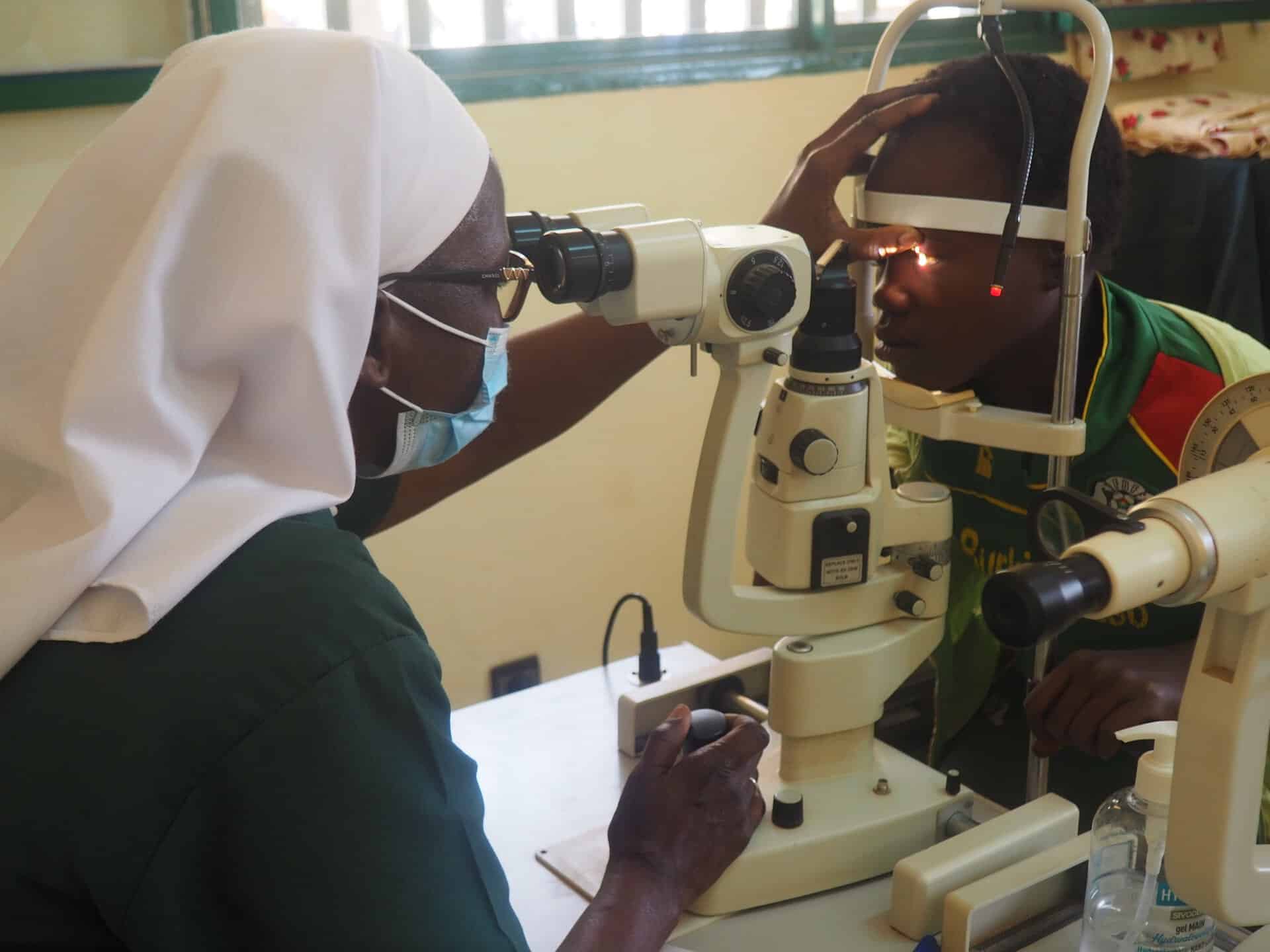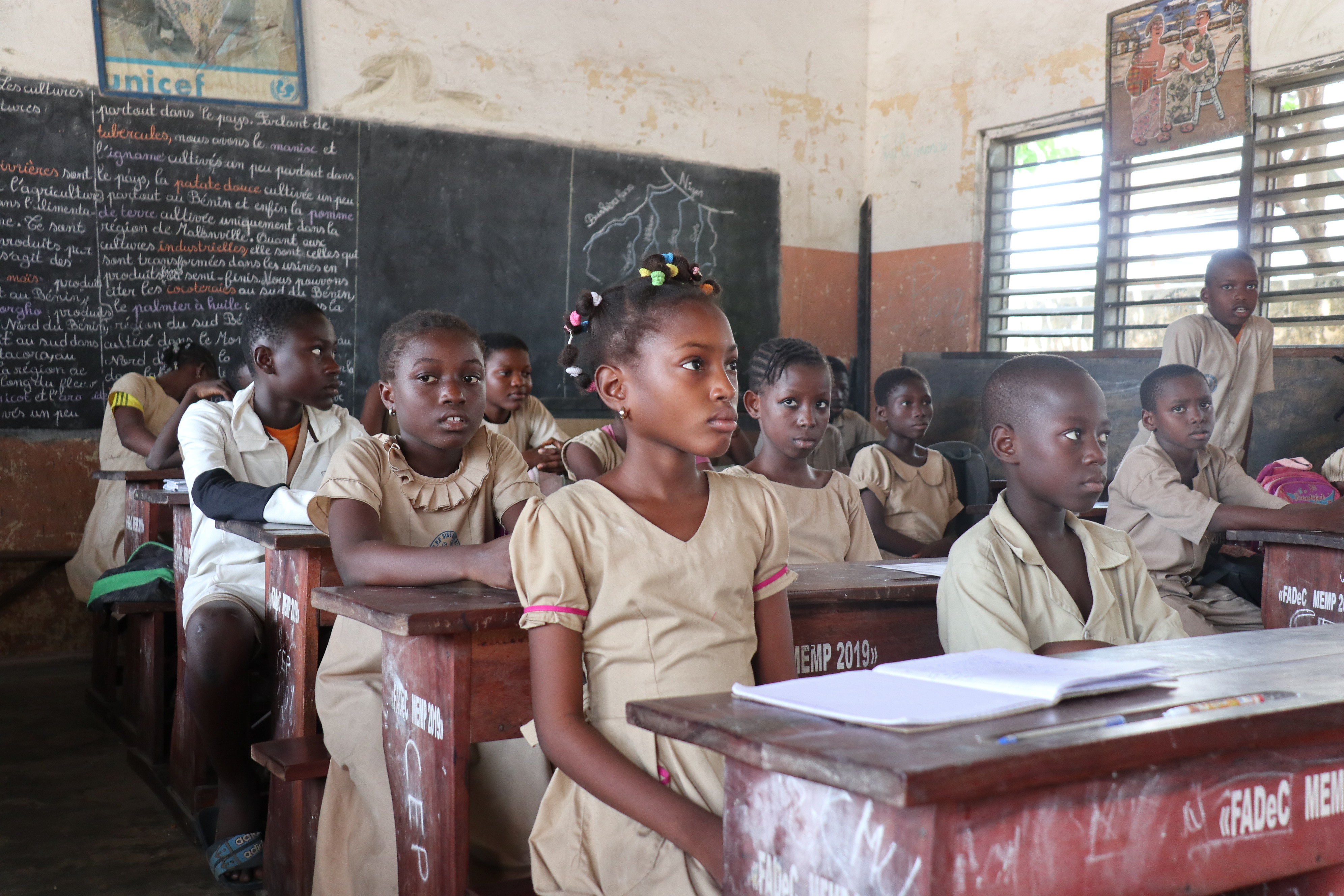©️Albane Buriel
In Satu Mare, north-west Romania, young people from a marginalised neighbourhood are exploring their future prospects through journalism and video. The "Let's inhabit the world!" project, supported by the STEA association and Action Education and co-funded by Erasmus+, enabled practical workshops to be conducted from 2 to 11 May 2023, with around ten participants aged 13 to 16 living in the marginalised district of Sǎtmǎrel.
Dropping out of secondary school and the nebulous issue of guidance
Satu Mare is located in north-west Romania, 13km from the Hungarian border and 27km from the Ukrainian border. Sǎtmǎrel, an outlying district of the town of Satu Mare, is home to a highly marginalised community. The majority still live in very precarious conditions. They have difficulty accessing education, healthcare, social services and assistance, and employment, and suffer severe discrimination. Since In 2018, Action Education is supporting the STEA association, which has been working with these families for around ten years. The aims of the project are to increase access, school attendance rates and school retention among children and teenagers by improving, among other things, the quality of education and school reception. To tackle this marginalisation, STEA is developing educational projects to link young schoolchildren with institutions or people who can be important resources for their future.

The action Let's live in the world! is a way for these young people to become spokespeople for other young people who also want to find out about the options available to them after secondary school, by producing mini-reports in the form of interviews. "This information is something they lack and this project is a great opportunity for them. Young people often stop school after the age of 14, which is when they finish school near their neighbourhood. One of the reasons for this is that they don't know what career options are available to them. They don't have the information!"says Cristina Bala, Director of STEA.
Developing the power to act by passing on professional and artistic know-how
Some of the keys relate to community mobilisation aimed at making young people more active players in their own development. More specifically, this involves working together to build self-esteem and self-confidence through a socio-educational approach aimed at in fine their gradual empowerment. This is what Sergio Pudina emphasises, video journalist: "Our approach is to avoid posturing or marginalising them. These reports must be useful for all teenagers. That's the starting point".
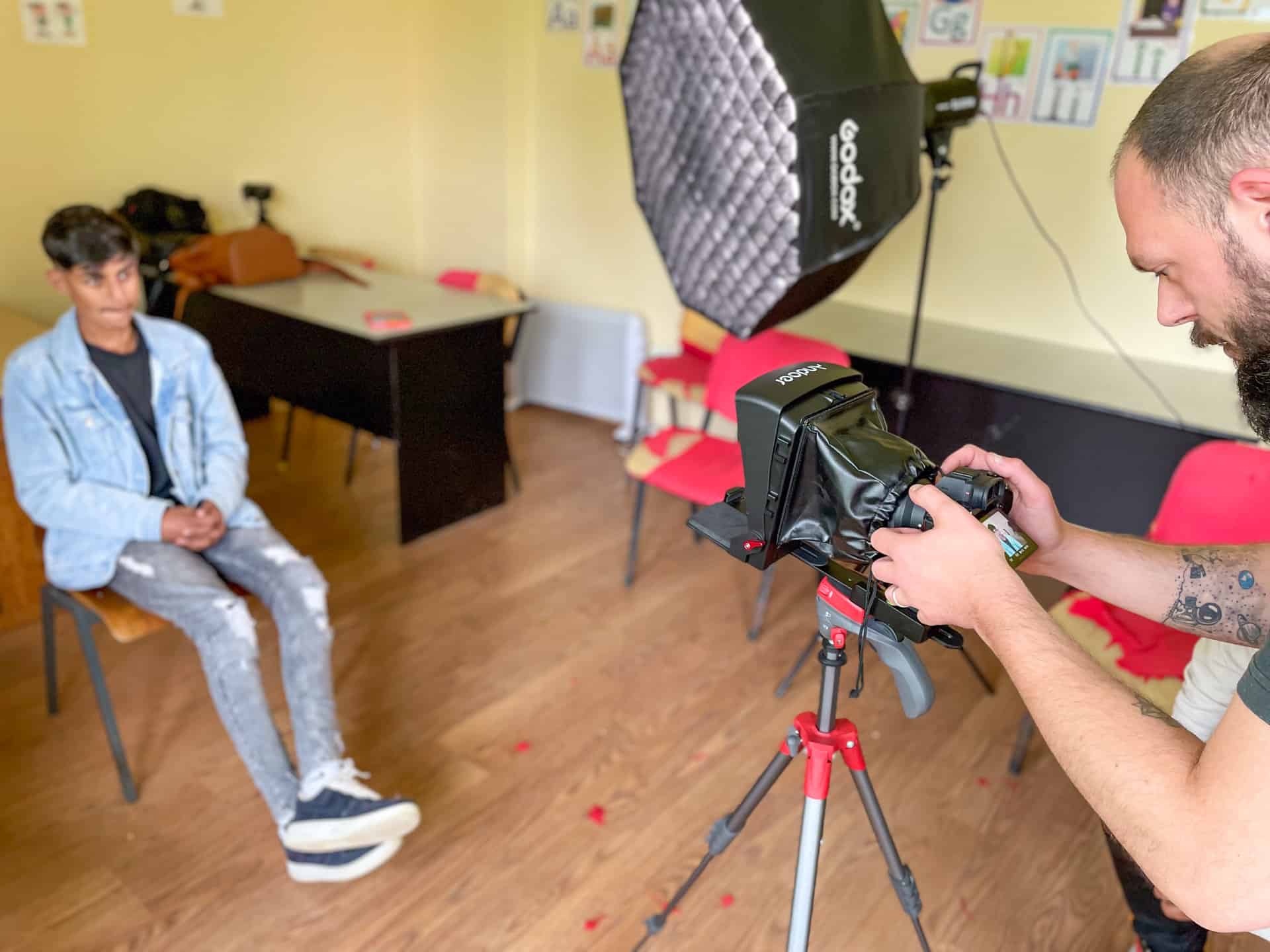
The leitmotiv hosts Bianca Mititel and Diana Savianu and Sergio Pudina, it's theempowerment ! The aim of the project is to see how, through their professional practices with young people, they can develop their individual and collective power to act. To do this, the young people are the actors in the project. "They can speak and choose language that is appropriate for other young people. They find the questions that interest them themselves. They are their own. It's really proactive: there's a lot of sense in doing that."explains Diana Savianu. In this way, they are discovering the profession of investigative journalist and enthusiastically experimenting with the know-how and social skills that it requires.
Professionals at the heart of cooperation issues
The cooperation is between the youth workers and the artist, but also between the artist and the youth workers and the young people. Albane Buriel, an employee of Action Education, is carrying out a pedagogical follow-up that will also be used for her thesis in educational science. She supports the team through cooperative educational engineering. Using an iterative research method, the artistic activities are designed, implemented and analysed. These analyses a priori and a posteriori are used to highlight the conditions for effective entry into theempowerment. "These conditions often relate to the way in which we support these young people and the interactions that take place in the processes at work during the activities: it's the way in which we guide and don't do things for the young people."she stresses.
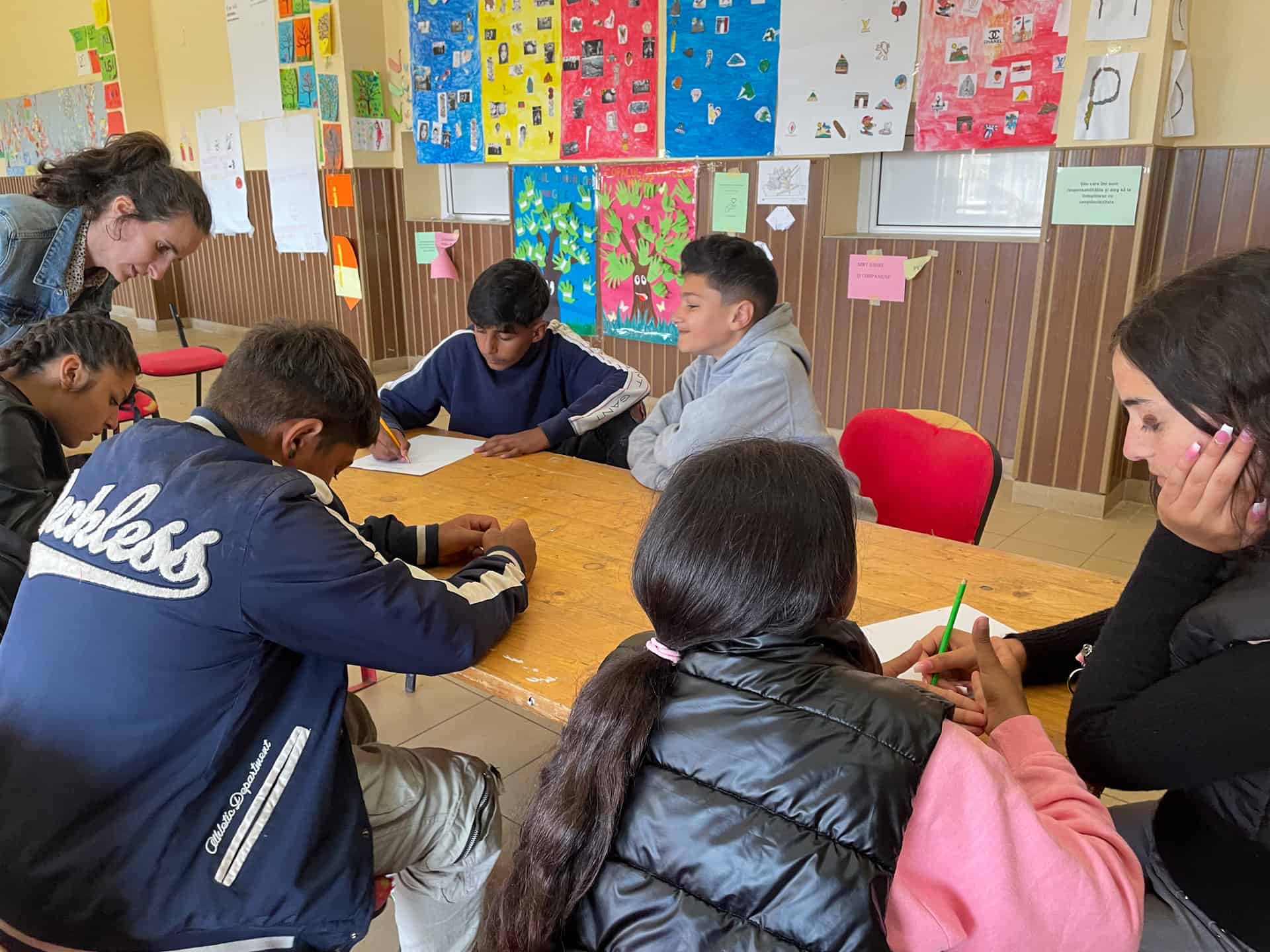
Everyone, including the young people, has specific skills that they apply during these workshops. They express their ideas and desires and develop group cohesion. Cooperation between peers is essential! It's also an important aim of the project. During the activities, the emphasis is on time spent in small groups. The team works on sharing tasks and dialogue so that everyone can find their place and develop the skills they want. The young people improve their sense of collective efficiency, their self-development and their cultural learning, which then goes beyond the scope of the project. L'empowerment is made up of these many facets!
Taking action!
The young people learn by playing different roles, particularly in peer interviews. They prepare for the field visits where they will do so in real-life situations. They devise relevant questions, anticipate possible dialogue and create shooting scenarios. After immersing themselves in the film set and using the complex equipment (prompter, lights, reflector, microphones, tripod, etc.), they can now make it their own. Social skills are essential to the job: active listening to be able to interact effectively, adapting language, particularly the conciseness and clarity of what is said. Recording is also a time when you have to know how to keep calm!
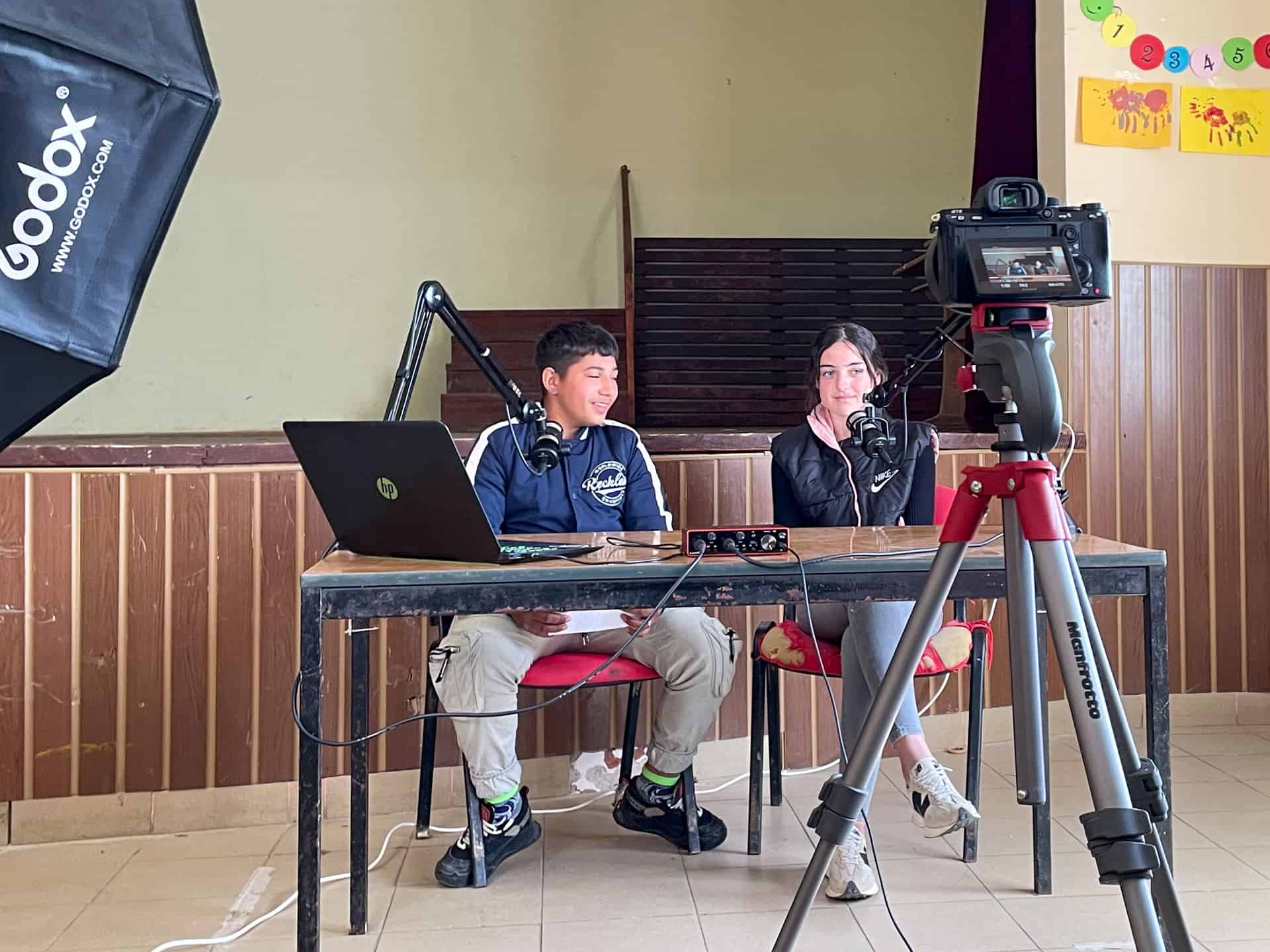
During the various experimental workshops, the technical aspects are guided by the journalist-artist and everyone is put to work. The young people are asked to take several shots, which require patience and perseverance. "The young people helped each other a lot: one of them helped another young person with her hair and put a cushion on her seat so that she was at the same height as her interviewer during the interview."says Bianca Mititel. The professionals see many positive aspects, particularly in the risk-taking they are able to do to overcome their fears, thanks to their commitment to the group. The project will run until the end of August 2023. The team is now ready to take action in real-life conditions. All we have to do now is wait for the final clap to see the result!
For more information:


